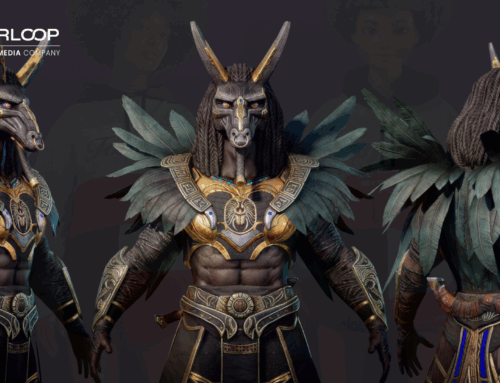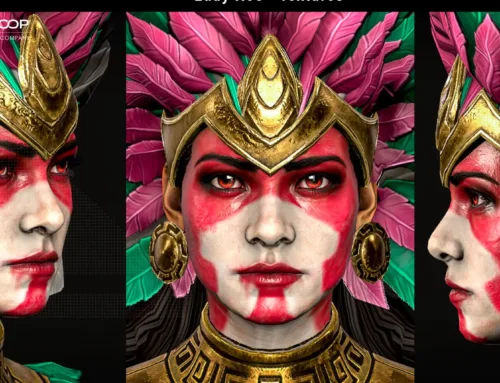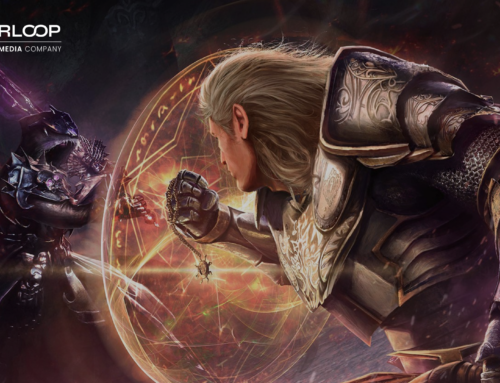For most players, hearing the words game engine will conjure up imagery of the likes of Unreal Engine 5, game developers speaking about how useful it is, and promotional material about its array of useful features. The likes of Unreal Engine 5 and Unity undoubtedly have extensive feature sets that help developers in innumerable ways, but it’s never as simple as pressing a button to create a superb lighting system or a vast open world.
Successful full-cycle game development projects necessitate understanding the tools at your disposal, and this very much includes your chosen game engine. Each engine has characteristics, advantages, and intricacies that must be mastered to produce the best full-cycle games possible.
Review Documentation and Tutorials
A natural starting point for learning the ins and outs of any game engine is engaging with support material, namely, help documentation and tutorials. Many game engines, such as Unity and Unreal Engine 5, have extensive documentation covering everything from the basics and beginner’s information to information about releasing development projects. To begin your journey of mastering any game engine, working through the help documentation while trying things out practically is an appropriate starting point.
Further to this, both Unity and Unreal Engine 5 have numerous tutorials aimed at all skill levels, but especially so for beginners. Unity, in particular, has a robust website dedicated to learning which includes multi-week-long online courses, tutorials by subject area such as physics and mobile game development, and dozens more options. Putting the information found in these tutorials and documentation into practice is a logical first step toward developing an in-depth knowledge of game engines.
Efficient Prototyping
Leveraging the tools and assets of game engines like Unreal Engine 5 and Unity can help the prototyping process be more efficient and help the overall game development cycle. Using the ready-made assets of game engines to convey your gameplay concepts can make the process far more efficient compared to relying on homemade, original assets. While original assets are important for the finished game, of course, leveraging what comes with the game engine package can help the production phase get off the ground more quickly.
Further to this, a more efficient prototyping period means the identification of possible design issues much earlier on. This allows key decisions to be made for the development process, including if mechanics need to be scrapped or iterated on. For the latter, this process is once again made all the more efficient by using the native game engine assets. Marketplace tools can be a significant help too, where developers have created tools specifically to help with prototyping, though any third-party-developed tools should be met with a thorough review before using them as their quality cannot always be guaranteed.
Multi-Platform Development
Many developers will want to maximize their game’s exposure by releasing it on multiple platforms. In the early days of the gaming industry, it was common for a game to find success and then to contract a team, or sometimes even a single programmer, to port the title to different platforms. As the industry evolved, middleware applications that assisted in multi-platform development projects emerged in the early 2000s and now, game engines like Unreal Engine 5 and Unity have built-in tools to help developers release their games on multiple platforms.
Unreal Engine 5, specifically, is a go-to engine for developers working on full-cycle multiplatform game development projects. It supports deployment to virtually every modern platform, including PlayStation, Xbox, and Nintendo consoles, different PC operating systems, and even augmented reality and virtual reality. Taking time to become familiar with multiplatform deployment using game engines can save time, resources, and finances later on. Rather than revisiting a game development project after its initial release to port it, which can be expensive and time-consuming for developers to refamiliarise themselves with it, understanding how to deploy on multiple platforms after one full-cycle development period is far more efficient.
Performance Optimization
Understanding the inner workings of any game engine thoroughly should enable developers to deliver smooth experiences time and time again. Through practice and experience, it’s possible to learn techniques for optimizing frame rates, memory management, rendering, and much more, that help deliver smooth game performance.
Optimized performance is crucial for any platform, but ensuring it for multiplatform projects, especially those planning for mobile platform releases, is critical. Every platform is different and deploying to them will require different techniques for smooth performance. Mobile devices, especially, need a lot of attention due to their comparatively low power. In-depth knowledge of game engines like Unreal Engine 5 and Unity will provide the skills needed to optimize your development and game performance for any platform.
For specialized Unity and Unreal Engine 5 development, contact Starloop Studios today.
Beyond our stellar full-cycle development offerings, we are part of Magic Media which provides services for all your gaming and entertainment needs, including real-time VFX, co-development, and more. Get in touch with Magic Media today, and let’s create magic!



